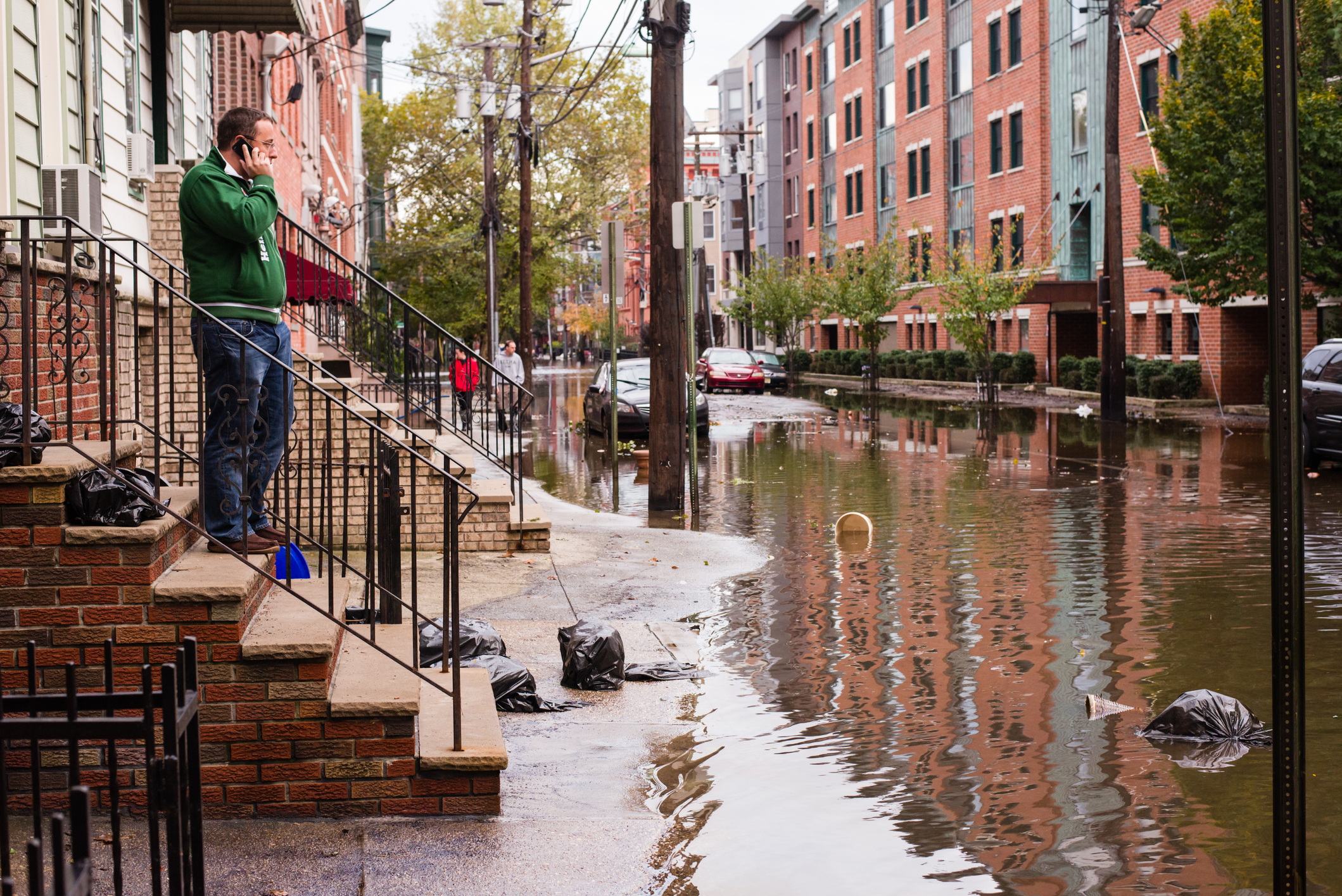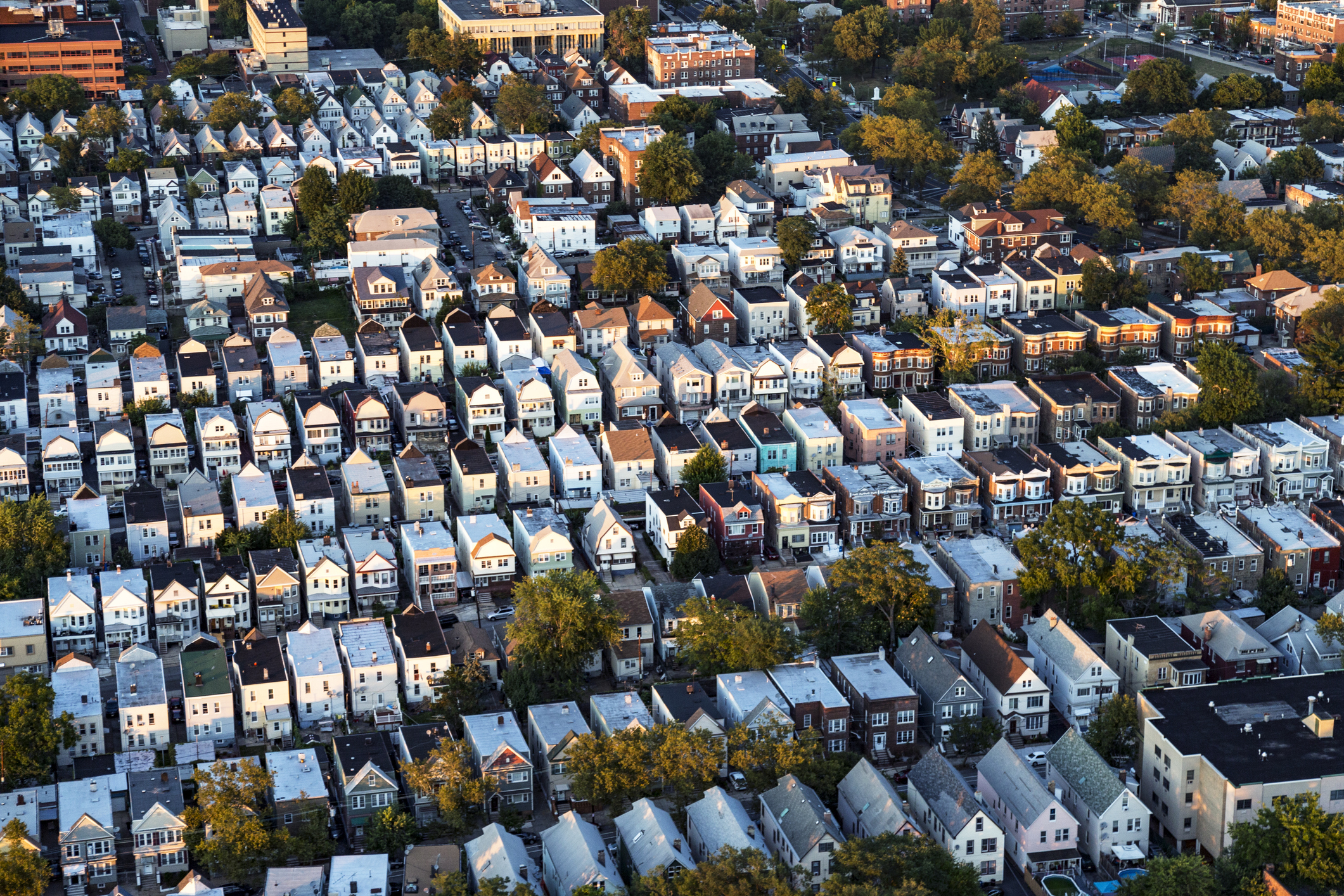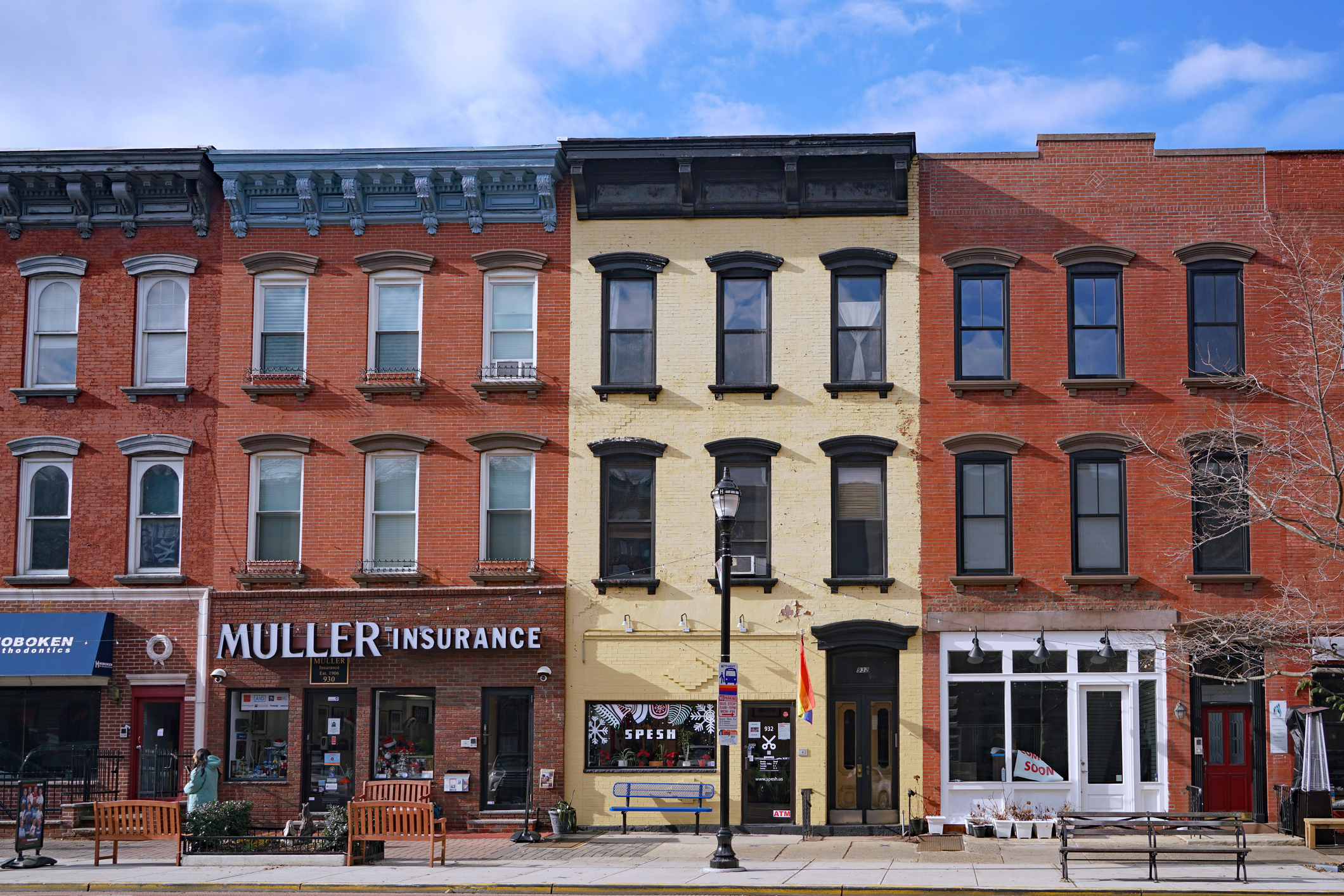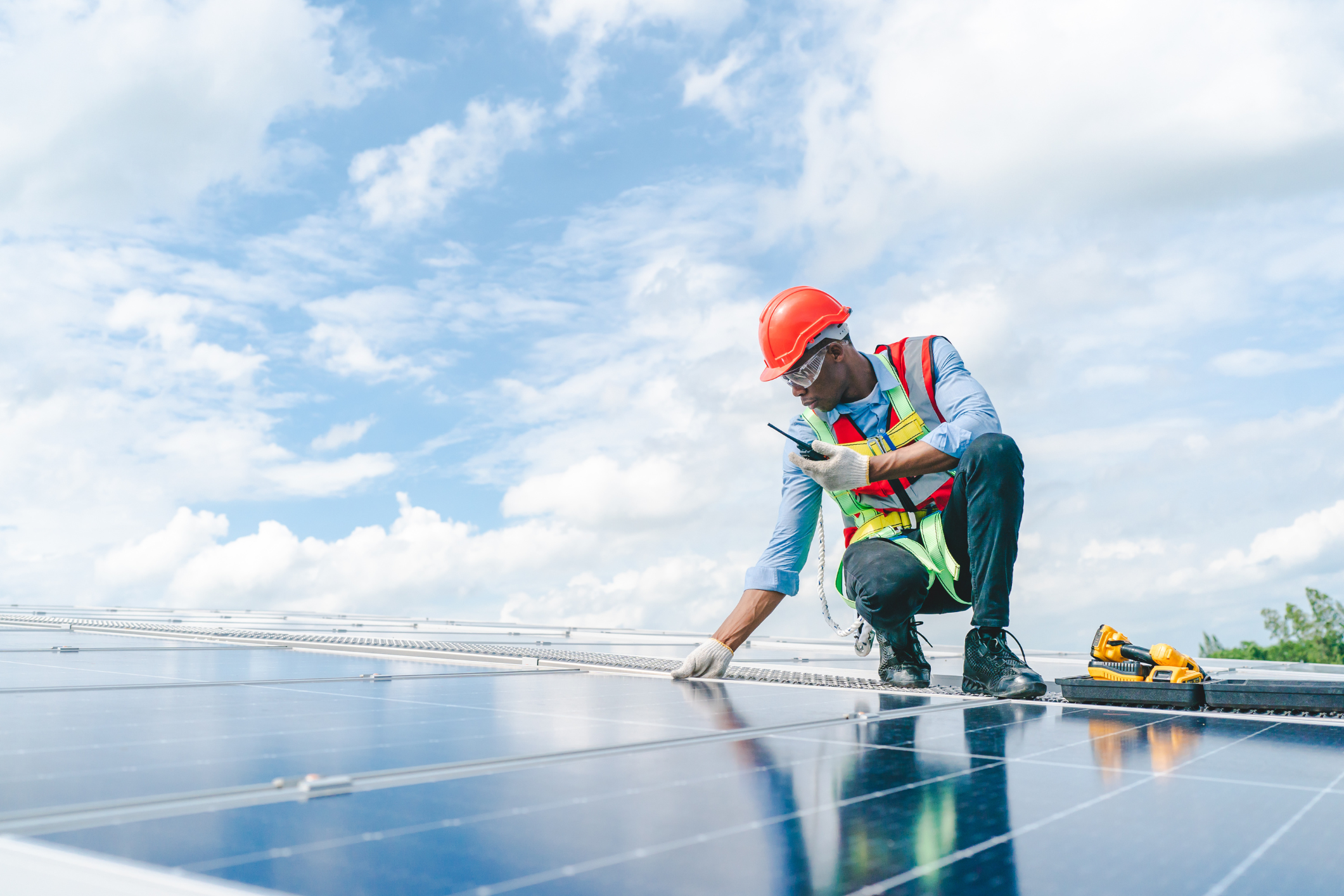
Equitable Property Acquisitions to Enhance Climate Resilience
As climate impacts continue to escalate and affect New Jersey, an update of the floodplain buyout program, Blue Acres, will be an essential tool for the state to reduce New Jerseyans’ vulnerability to flooding. Led by the Climate Change Resource Center, this project will examine best practices of other programs across the country, inventorying what innovative practices of buyout programs outside of New Jersey have helped to ensure proactivity, maximized community benefits, equity, and environmental justice, and what engagement efforts have captured community members’ vision. Updating this important program should be done thoughtfully and rigorously, with the intention of informing the redesign of the state’s flood property acquisition program while keeping equity and environmental justice top-of-mind.

NJ Housing Crisis in the COVID-19 Era
The COVID-19 pandemic is exposing the vast housing affordability crisis in New Jersey as both homeowners and renters have required governmental assistance to secure stable housing. Housing policies have had to adapt to the increased level of need, however, the scale of the problem is only growing as the ongoing economic impact of the pandemic is felt in communities throughout the state and the nation.
This project will examine strategic development of five housing authorities in New Jersey: Newark, Jersey City, Elizabeth, Trenton, and Camden. The project will establish a foundational framework for developing instruments to assess organizational learning processes through exploring the interplay between local, state, and federal housing policies on issues of affordability and challenges of housing disparities during the COVID-era.

Encouraging Activation of Vacant Commercial Properties
The economic recession caused by the COVID-19 pandemic has resulted in an increase in vacant and under-occupied commercial property across New Jersey. This increase is expected to put downward pressure on economic growth and government revenues in both the short and long run.
By developing policy reports on solutions to vacant commercial property, this project will explore existing and prospective tax and subsidy policies that both New Jersey state and local governments could use to encourage property owners to reuse and/or activate currently vacant commercial properties in the state.

Low-income Community Solar Program and Energy Justice in NJ: An AI-based Crowdsourcing Study
Low-income households in under-resourced communities face a disproportionately higher energy burden, (i.e., the percentage of gross household income allocated to energy costs). The U.S. Department of Energy’s Energy Justice Mapping Tool demonstrates that many under-resourced neighborhoods in the city of Newark suffer from this source inequity. For these households, there is a greater opportunity for energy and cost savings, as they often face environmental and socioeconomic barriers to accessing energy technologies that help make energy more affordable.
This project is examining the effectiveness of low-income community solar programs and enhancing the involvement of under-resourced community stakeholders to achieve energy justice in New Jersey. As climate change intensifies the severity of natural disasters, it is imperative to ensure community and environmental equity when designing and implementing energy and climate policies. This project is using an AI-based crowdsourcing tool to engage residents from Newark’s under-resourced communities in an online open discussion to better assess their understanding of energy justice programs such as the low-income community solar program. Researchers will identify potential challenges and provide prospective measures that can help to foster energy justice in the state.

Supporting Aging in Place in Low-Income Senior Housing
The New Jersey Assisted Living Program (ALP) is an innovative housing-plus-services model designed to prevent or delay the institutionalization of low-income senior housing tenants who need assistance with basic activities of daily living. ALPs provide in-home services (covered by NJ Medicaid) that meet the daily health and social needs of residents of publicly subsidized, congregate housing, who would otherwise be clinically and financially eligible for state-financed, high-cost care in skilled nursing facilities.
This project is investigating systematic differences between ALP and non-ALP participants at the individual, organizational, and community levels by using administrative and claims data from the Center for Medicare and Medicaid Services (CMS) on dually eligible New Jerseyans. The project is also seeking to understand facilitators and barriers for ALP implementation by conducting interviews with housing and services providers who are leading ALP implementation within communities across NJ.
